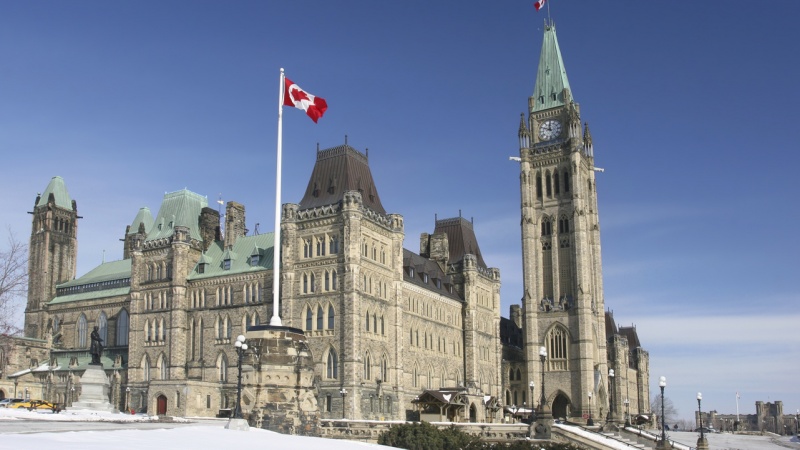MULTIPLE WILLS IN B.C.
Coming back from summer, one does not usually start thinking about their will or the need for one. In my case as a certified tax geek, having just recently been married, the first thing my mind turned to was establish a pragmatic will and life insurance for my beautiful blushing bride. Hardly romantic, but most certainly practical. Given recent developments over the past year and a half, I would like to share a very important tool in estate and succession planning here in BC – the use of multiple wills.
In BC, the use of multiple wills is now an integral part of the estate planning process for business owners and professionals. You should include it on the checklist when speaking with your tax accountant and trusted lawyer. Multiple wills are frequently used as an effective strategy to save, or in some cases eliminate, estate administration tax. It should be noted that the use of multiple wills also allows for privacy in corporate matters. One might ask, why all the noise now? Why couldn’t we do this sooner?
The use of multiple wills in BC has been allowed in the past, it was just unproven ground with no case precedence. In 2014, with the rise of the Wills, Estate and Succession Act (“WESA”), the new legislation seemed to condone the use of multiple wills. It wasn’t until a landmark 2017 BC case titled: The Estate of Norman Frank Berkner, in which the BC Supreme Court confirmed the use of multiple wills and thus confirmation that this practice was appropriate.
To shed more light on the case, Mr. Berkner was a private business owner who owned a valuable egg farm that was incorporated as Berkner Egg Farms Ltd. His wife had predeceased him, and his only heir was his daughter, Shelley. During his lifetime, his estate plan was structured to use two wills, with his daughter named as the executor in both wills. His accountant was the alternate executor. On Mr. Berkner’s death, his daughter applied for probate only on the primary estate. She renounced her right as executor on the secondary will and the accountant as the alternate stepped in. He was able to deal with the private company interests without the need for probate. The creation of the second will is estimated to have saved the Berkner estate around $45,000 in estate administration tax.
You might be wondering why the accountant was named as the alternate executor. In BC separate or different executors must be named in each of the primary and secondary wills as one of the conditions to avoid probate applying on the second will. The BC Supreme Court looked at WESA which specifically contemplates that only part of an estate may come to a personal representative, in this case Shelley. This of course implies that other parts of the estate may go to a different personal representative, in this case the accountant, who may not be exposed to probate on that part of the estate.
If you decide to use multiple wills as part of your planning, you must make sure the wills are drafted carefully, appointing different executors for each will, with clear definitions as to what assets are to be dealt with under each of them. A mistake that results in an asset that ultimately needs probate going into the “non-probate” will can mean that all of your assets will be subject to probate. Below are a few important points to consider when speaking with your lawyer about using multiple wills in BC:
- As the two wills require different executors, each will should coordinate the executors’ powers and duties;
- Where the will that will be submitted to court for probate will be protected from a wills variation application under WESA upon the expiration of 180 days from the day Probate was granted, the non-Probated will (second will), will never be protected from such a challenge (as the limitation period does not kick in without a grant of probate).
Finally, once the above has been considered, you need to keep track of past planning, as a revocation of “all previous wills” in a subsequent primary will can also result in the non-probate will being inadvertently revoked. Remember this is a valuable tool and if used right can save your beneficiaries and estate significant tax dollars.









